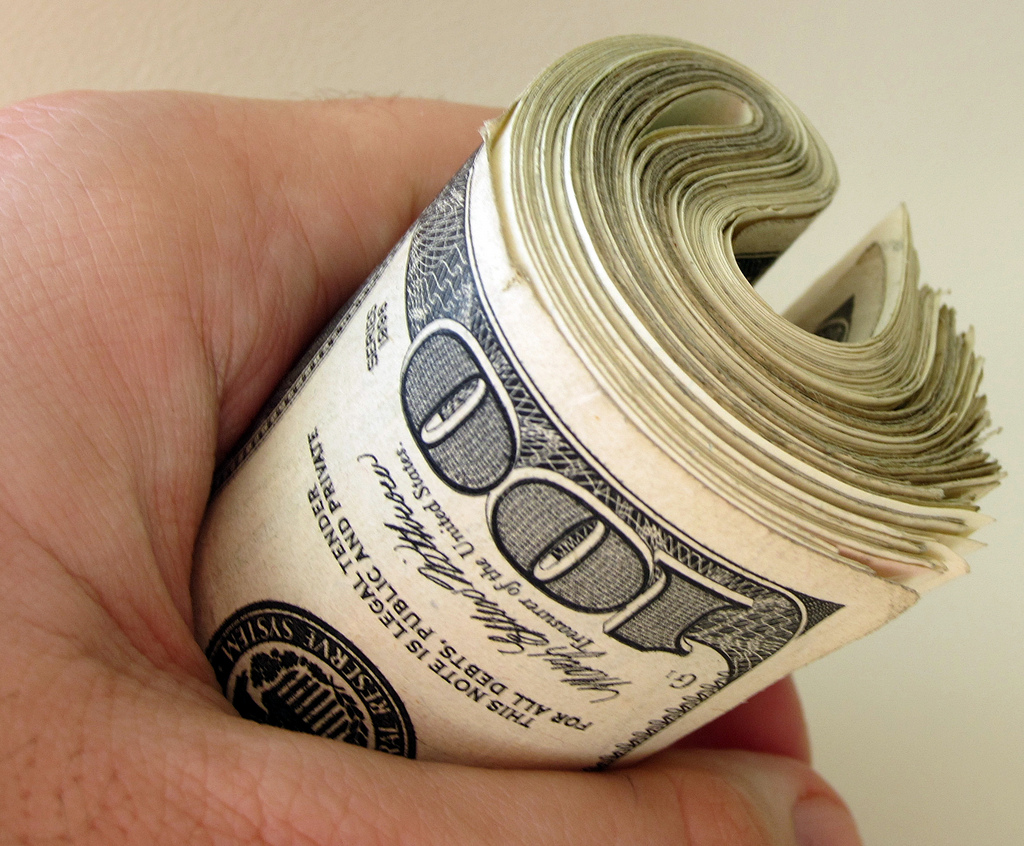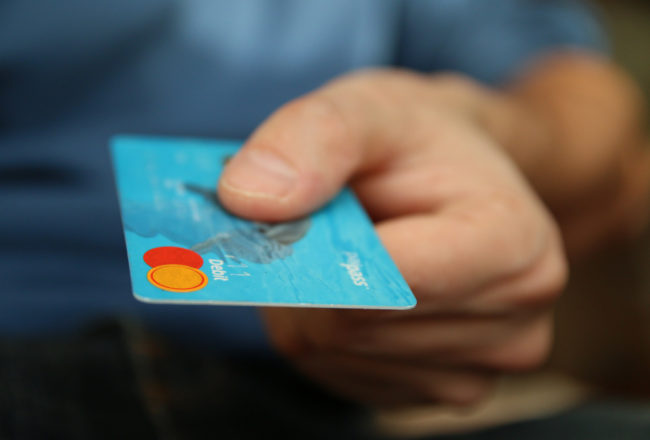
Today’s modern man has options to secure money very quickly through a variety of fast money loans. But each carries different terms, fees, and interest rates. Here is a look at three of the most popular and how they work:
Cash Advances / Payday Loans
These are the most popular type of quick cash loans and are made as advances against a borrower’s paycheck. Therefore, the borrower must be employed with a minimum income that is typically set with a floor of $1000 monthly. The borrower must also usually have a checking account in good standing that can accept direct deposits.
Payday loans have gotten a really deservedly bad reputation because of their extremely high interest rates that often can sometimes top 600% annualized. In addition lenders can charge an establishment fee of up to 20% of the loan simply for making the loan and additional fees or charges, such as; an arrear fee, late payment fee or early repayment fee.
So why would anyone want to pay these high rates? Often the answer is they have no choice. Many have bad credit and cash advance lenders do not do credit checks. Some need the money quickly and cash advance lenders can act extremely quickly to get them money. And certainly for those who do not have any forms of collateral, payday advance loans are a potential source for money that requires no collateral other than your employment.
However, because of the extraordinarily high interest rates, typically loan amounts are less than $1,500 and are for terms no longer than a few weeks.
Vehicle Title Loans
Vehicle title loans have gained considerable popularity because of their simplicity and their ability to get borrowers small amounts of cash quick. Most vehicle title loans can be acquired in 15 minutes or less and offer loan amounts as low as $100. These loans are nearly always short-term, and carry higher interest rates, but not nearly as high as payday loans.
Vehicl title loans are secured by lenders placing a lien on a borrower’s car, motorcycle, truck or even boat title as security for a loan. The lending company evaluates and then gives a loan based on the wholesale value of the vehicle. If the borrower defaults on their payments, the lender may repossess the vehicle and sell it to repay the borrowers’ outstanding debt. If however, the borrower pays off the debt in full, the lender relinquishes the vehicle’s title back to the borrower.
Because the loan is based on the value of the vehicle, there is little need for lenders to check credit history of borrowers, but the borrowers must own his vehicle.
Credit Card Cash Advances
Today, most credit cards offer a cash advance via a check or money at the ATM and cardholders find themselves tempted by what seems too often like free money. While the process to borrow this money is simple, card holders must keep in mind that the interest rates are usually very high when borrowing money in this manner. Fees for credit card advances range from 2 to 5 percent of the total amount borrowed, and interest begins accruing as soon as you withdraw the money. This would mean that for every $1000 you borrow, you would owe $40 in fees. Interest rates, which are additional costs to the fees, can as high as 28%. So that simple spur of the moment ATM withdrawal can be very expensive. Card holders need to be mindful that some card issuers place credit card advances at the back end of the payments on their credit cards meaning, the money you send will first go to paying off your credit card balance before you start paying off your cash advance balance. This will cause the high credit card cash advance rates to be with you longer and cost you even more money.
Many credit card holders have gone into deep debt because of credit card cash advances and the industry faces constant scrutiny and regulation. Therefore Credit card companies put hard caps on the amount of cash advance money card holders can borrow. Card holders should only use cash advances if they are sure they can pay them off quickly preferably by the end of the month.
These three fast money loans can help you if you are in a fix but should be approached cautiously because like all borrowed money, if you cannot repay, you will potentially create more problems than the ones you seek to solve with the loan. So be a man and be cautious.




